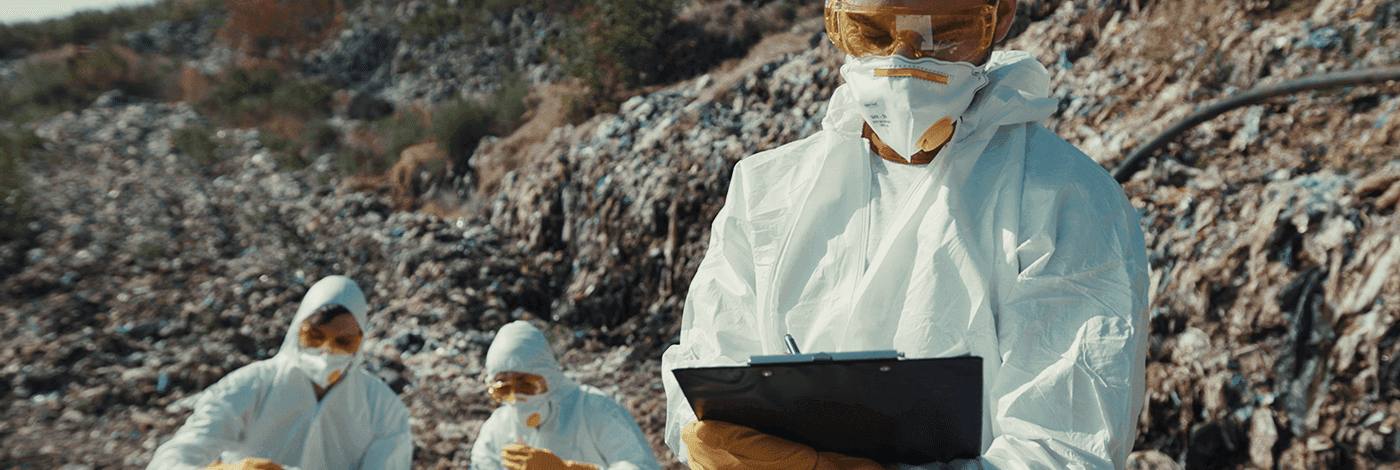We’re all familiar with the images of the plastic pollution in our oceans, with wildlife and ecosystems damaged by what was once hailed as a revolutionary way of protecting products. Figures from the Ellen MacArthur Foundation show that of the 78 million metric tons of plastic packaging produced every year, only 14 percent is recycled.
The backlash against packaging has led to a number of companies taking action. Given that supermarkets are some of the biggest packaging users, it’s no surprise to see them take steps to reduce usage.
Waitrose has developed a scheme called ‘Unpacked’, where products such as pasta, flowers and even wine are taken out of their packaging in-store, with shoppers putting them in their own containers before buying them.
Sainsbury’s has pledged to halve the amount of plastic used in its stores by 2025, while Asda, Tesco, Aldi and Morrisons have all made pledges to reduce the amount of packaging they use.
Food producers haven’t escaped censure either. You may remember the campaign where environmental activists posted empty Walkers crisps packets back to the company to highlight their impact. The negative publicity led the firm to introduce a recycling scheme for crisp packets.
However, manufacturers, producers, retailers and consumers can’t simply snap their fingers to reduce the amount packaging used.
How to solve a problem like plastic packaging
The reason that plastic packaging is found everywhere is simple; it’s very good at what it does and very cheap to produce. For example, wrapping a cucumber extends its shelf life from 3 days to 14.
Switching to different types of packaging currently means sacrificing performance or paying a higher cost, something which consumers and businesses are unwilling to do. Therefore, packaging producers must come up with innovative solutions to develop items which combine being reasonably priced, effective and sustainable.
With campaigners bringing the issue of plastic to the forefront of environmental debate, there is a new focus on innovation in the sector. We’re already seeing an increase in the development of biodegradable packaging, while researchers are even exploring the possibility of creating materials made from straw, maize stalks and grass as alternatives to plastic packaging.
The role of scientists and the future of plastic packaging
Last year’s James Dyson Award winning entry features new biodegradable packaging made from fish waste which would normally have been sent to landfill.
Scientists have a massive role to play in finding solutions for brands looking to develop alternative materials which are still low-cost and sturdy, but also sustainable.
Given the urgency with which producers and consumers are trying to address the issue of single use plastics, packaging scientists and materials scientists are set to be in demand. A burgeoning supply line of specialist talent to call on in these areas will be crucial to reduce the impact of plastic packaging.
We are already seeing the impact that scientists can create, with American researchers developing a plastic which can be recycled indefinitely. Eco-product manufacturer Vegware is already creating commercially compostable single-use food packaging.
The consumer also has a big part to play; the introduction of the plastic bag charge has demonstrated that nudge tactics can have a big effect in changing behaviour.
A charge similar to the plastic bag fee may be necessary to discourage consumers from selecting products which include single-use plastics. While charging shoppers for plastic packaging could be part of the solution, both manufacturers and consumers need a choice when it comes to how food is wrapped. This is where the ingenuity of science is most vital; to create different materials and packaging options.
Without alternatives, manufacturers will continue to use single-use plastics, and consumers will still buy products which last longer and stay fresher in such packaging. While everyone has a role to play in reducing plastic waste, it is scientists who must take the lead in tackling the issue.
If you are looking to recruit scientists who will help create the materials to solve the packaging crisis, or are a scientist looking for your next role, get in touch with your local Reed office.



